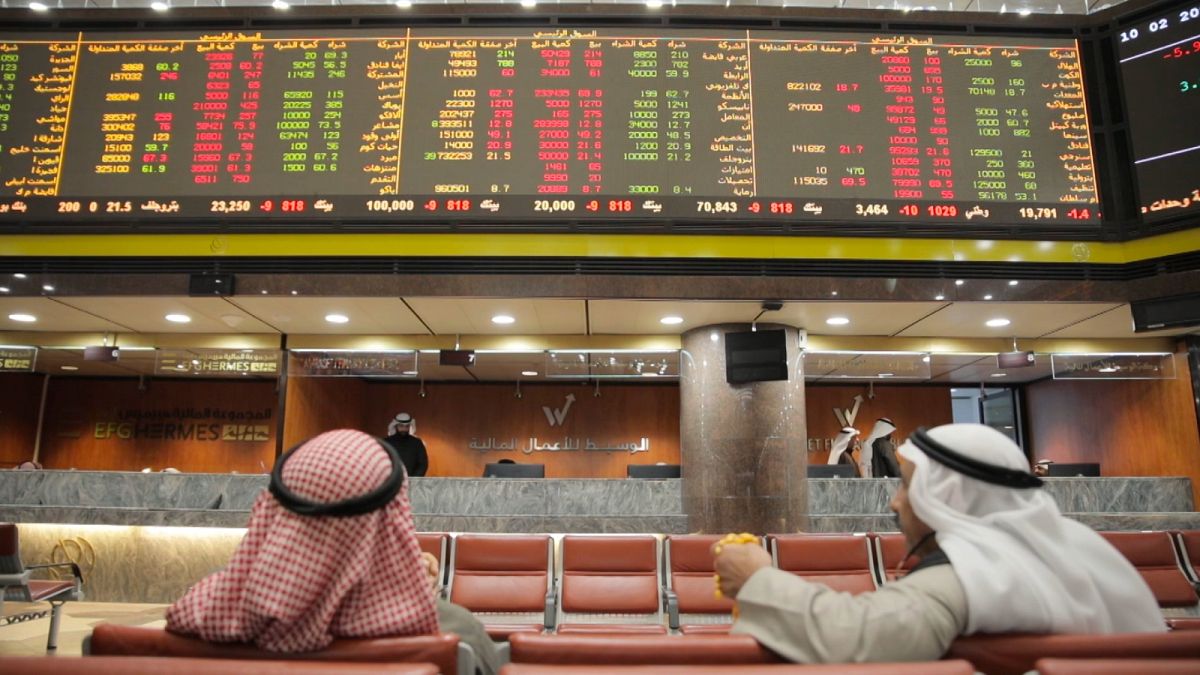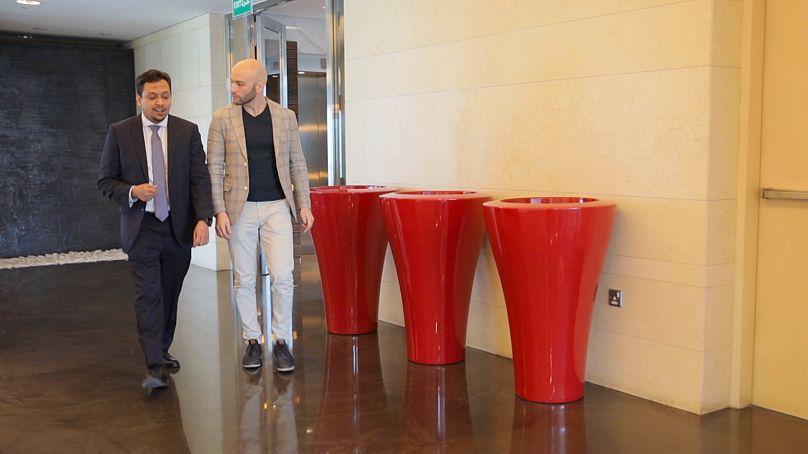The COVID-19 pandemic has significantly impacted stock markets around the world. Amongst them is one of the oldest indexes in the Middle East, the Kuwait Stock Exchange.
The COVID-19 pandemic has significantly impacted stock markets around the world.
Amongst them is one of the oldest indexes in the Middle East, the Kuwait Stock Exchange.
The market ended last year with an estimated value of $120 billion, according to Kamco Invest, an investment management company based in Kuwait.
Since 2019, says the firm, the value of the country’s main index has been negatively affected.
In April, Kuwait received news that Morgan Stanley Capital International (MSCI), was delaying its planned upgrade of Kuwait from a frontier market to an emerging market.
The organisation stated the postponement was due to operational issues regarding the pandemic. The new date is yet unknown, however, analysts at Kamco believe November could be viable.
Gaining status
A frontier market denotes one which is deemed relatively small and illiquid.
These factors often make it less accessible to investors.
An emerging status implies a market is transitioning from a closed market system to an open market one, while developing economic reform programmes, according to Investopedia.
In the Middle East and North Africa, this status has been applied to some regional economies including Egypt, the UAE and Saudi Arabia.
Emerging market status puts a country’s exchange one step away from the highest level of a developed market, and with that comes improved financial transparency, efficiency, and foreign ownership access.
Emerging stronger
In recent years, Kuwait has taken steps towards strengthening its private sector, with the goal of becoming a financial hub in the region.
MSCI came to its upgrade decision after the Kuwait Capital Market Authority made a number of significant changes, including restructuring laws to increase the accessibility of foreign investors.
The new classification of emerging market is expected to make Kuwait more attractive to foreign investment and bring billions of dollars into the oil-rich country.
Many investors have welcomed the upgrade news, with Kuwait outperforming all other GCC stock markets last year.
“Active investors are already taking positions in Kuwaiti stocks now,” says Junaid Ansari, the head of research and strategy at Kamco Invest. “So, it’s a net-net positive, a win-win situation, for both the regulator, the markets, and the companies listed.”
The benefits of Kuwait’s impending new status are numerous, says the market analyst, including reforms to enhance the country’s private sector.
Ansari adds that despite the current pandemic and global economic downturn, the fundamentals of Kuwait’s economy and its index look strong.
“Kuwait has one of the lowest breakeven oil prices in the region," he told Euronews. "It has a debt-to-GDP ratio which is one of the lowest, it also has the highest credit rating in the region. With fundamentally strong stocks - highly liquid stocks - and an economy which is undergoing a number of reforms…all this offers a complete package for international investors to invest in Kuwait.”
In the years ahead, Ansari expects Kuwait to float more state-owned companies on its primary index.
Yet much of this, just like its status upgrade, will remain on hold until the regional and global economy begins to normalize in the wake of COVID-19.

